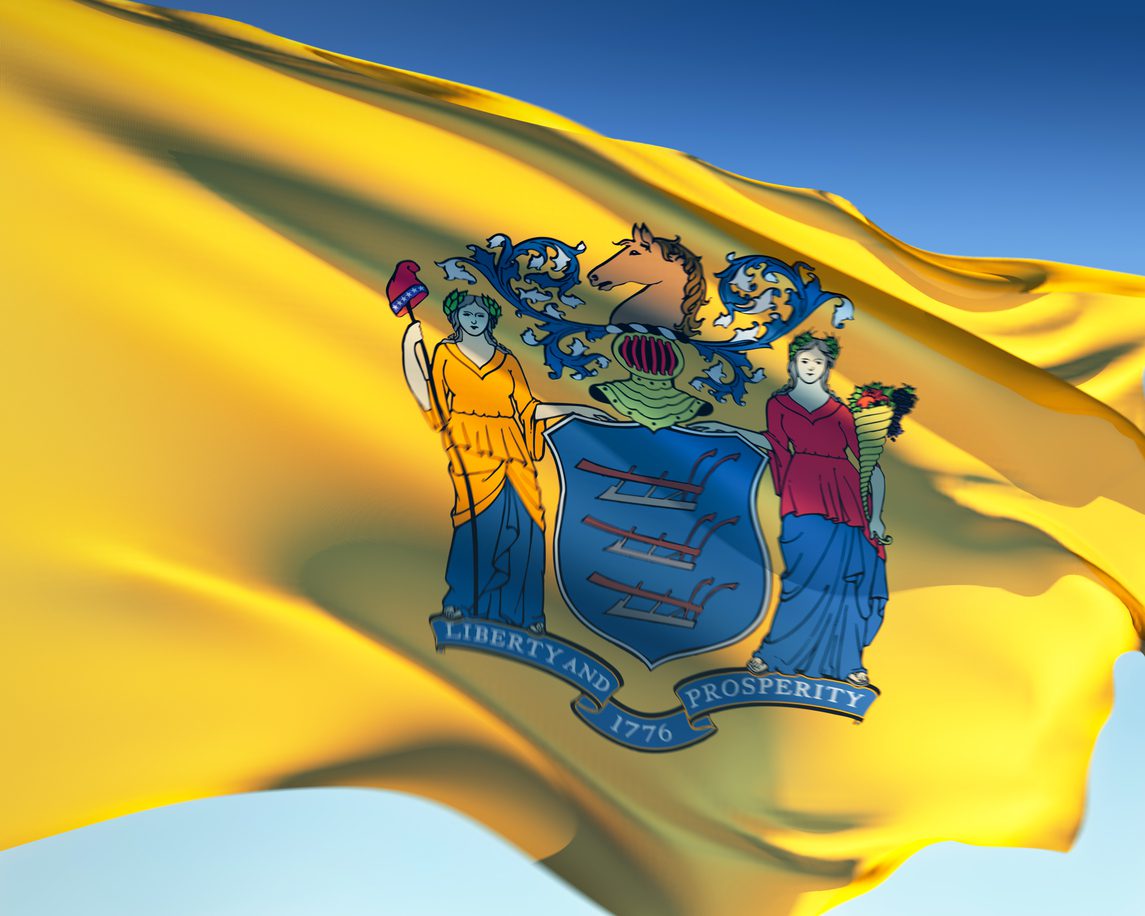Governor Murphy, ECONOMIC OPPORTUNITY FOR ALL
Arthur Laffer and Regina Egea tell Gov. Murphy he’s going to have to cut taxes if he wants to emulate Massachusetts

Gov. Phil Murphy in his recent budget address touted Massachusetts as the iconic role model for New Jersey’s economic aspirations, write economist Arthur Laffer and GSI President Regina Egea in a Tax Day column for ROI-NJ.
We wonder if, by singling out Massachusetts, Murphy was proposing halving New Jersey’s highest marginal personal income tax from its current almost 10 percent rate (fifth-highest in the nation) to Massachusetts’ 5 percent rate. Or, maybe he was suggesting New Jersey cut its current highest corporate income tax rate from 9 percent to 8 percent. Or did he mean we should emulate Massachusetts’s flat tax?
Property taxes are also a lot lower in Massachusetts ($37 per $1,000 of personal income) than they are in New Jersey (over $51 per $1000 of personal income, third-highest in the nation). Even sales taxes are lower in Massachusetts than they are in New Jersey, and Massachusetts has a statewide sales tax cap. Workers’ compensation costs in Massachusetts are $1.29 per $100 of payroll, while New Jersey’s workers’ compensation costs are $2.92 per $100, second-highest in the nation.
And then, of course, there are other comparisons that could be attracting Murphy, such as cutting the number of public employees per 10,000 of population from New Jersey’s current level of 535 to Massachusetts’s 493. That would mean almost 8 percent fewer New Jersey public employees.
Economics is all about incentives and, if a state’s incentives aren’t aligned with prosperity, there will be unpleasant consequences. And New Jersey’s incentives most definitely are not aligned with prosperity. Even Massachusetts had to admit that you can’t tax a state into prosperity.
Since the trough of the Great Recession, New Jersey’s gross state product has grown almost 24 percent, versus the U.S. state growth average of 33 percent. New Jersey’s net domestic migration is -21 percent, the second-worst in the nation. And, when it comes to money flows, according to IRS data, New Jersey is second from the bottom as well.
As for tax revenues, all those high tax rates don’t do the trick. Since the trough of the Great Recession, New Jersey’s total tax revenues grew 16 percent while the average of all states grew by over 20 percent.
Maybe, instead of seeking contemporary role models, New Jersey should look to its own past in order to infer what it should do for its future. In 1965, New Jersey had neither a sales tax nor an income tax. It was one of the fastest-growing states in the nation, with people everywhere were moving to New Jersey. And it had a balanced budget. Sounds pretty good to us.
